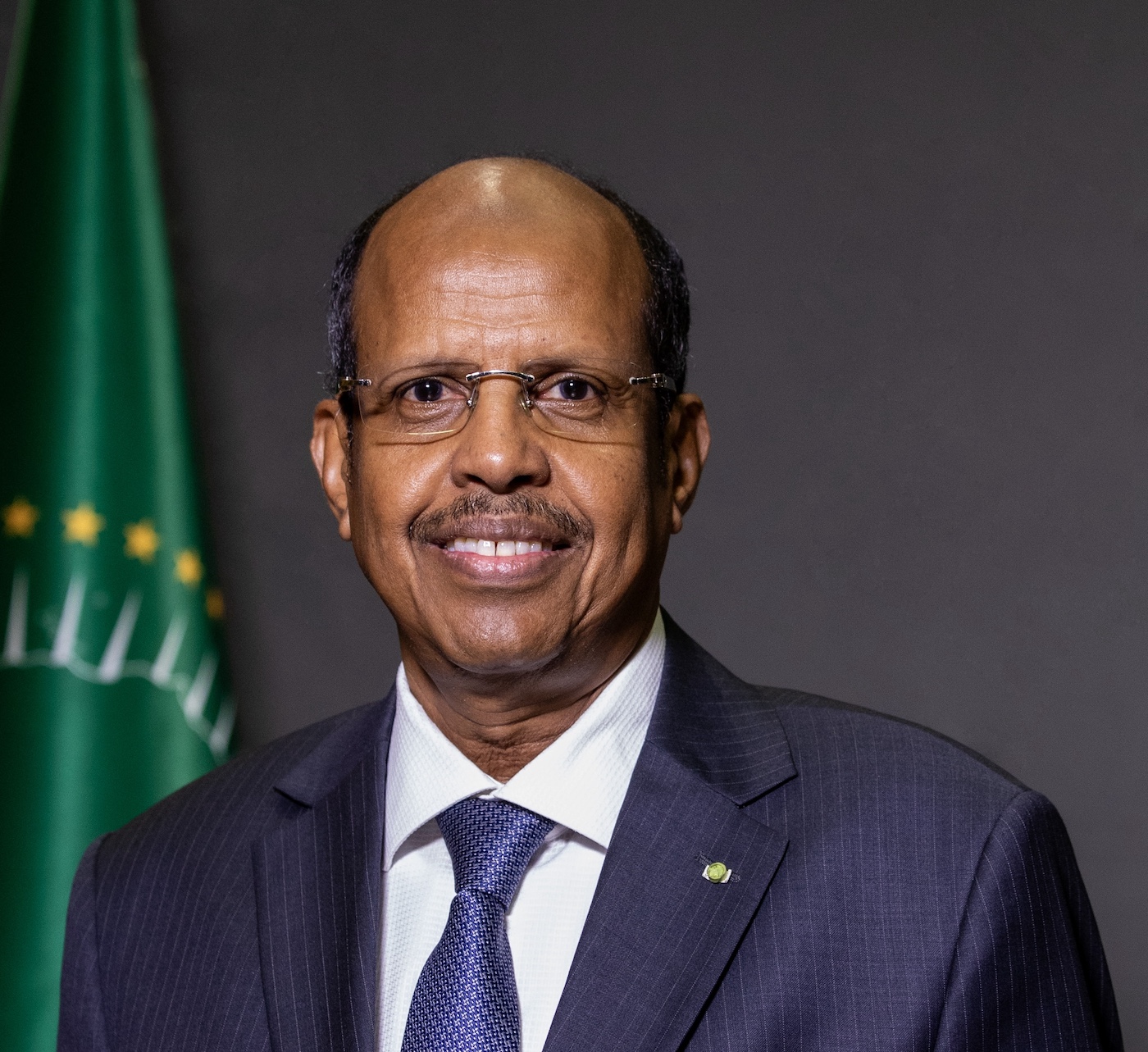AUC Chairperson Emphasizes Need for Inclusive Policy-making to Empower Africa's Indigenous Communities - ENA English
AUC Chairperson Emphasizes Need for Inclusive Policy-making to Empower Africa's Indigenous Communities

Addis Ababa, August 11, 2025 (ENA) -- African Union (AU) Commission Chairperson Mahmoud Ali Youssouf has emphasized the need to promote inclusive policy-making and equitable resource-sharing mechanisms to empower Africa's indigenous communities.
Youssouf made the call in a statement in observance of the International Day of the World's Indigenous Peoples, which falls on Aug. 9 each year. The day aims to raise awareness about the rights of indigenous populations worldwide and to acknowledge their contributions to pressing global issues.
Highlighting the essential significance of recognizing the rich heritage, knowledge systems, and resilience of indigenous communities across Africa and beyond, he underscored the vital role they play in preserving cultural diversity, protecting the environment, and fostering sustainable development in alignment with the AU's 50-year continental development blueprint, Agenda 2063.
The chairperson called on AU members, partners, and all stakeholders to work together through inclusive policy-making, equitable resource-sharing, and respect for traditional knowledge systems.
He also stressed the crucial importance of ensuring that "indigenous voices are heard, their rights upheld, and their contributions fully valued in building a more inclusive, just, and sustainable Africa for all."
Youssouf emphasized the 55-member continental organization's resolve to promote and safeguard the rights of indigenous peoples, as enshrined in the African Charter on Human and Peoples' Rights and other continental instruments.
He urged African countries to enhance measures aimed at protecting the rights of indigenous peoples and to reaffirm their commitment to the United Nations Declaration on the Rights of Indigenous Peoples, which serves as a global normative framework that complements AU instruments.
According to the UN, there are approximately 476 million indigenous people worldwide, residing in 90 countries and speaking a significant majority of the world's estimated 7,000 languages, while also representing around 5,000 distinct cultures. Despite their rich cultural diversity, indigenous peoples face common challenges in safeguarding their rights as distinct communities.